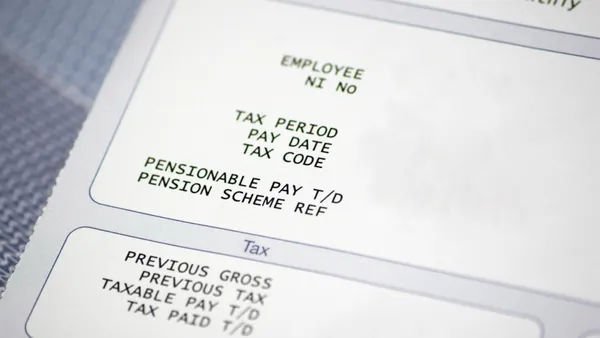Neelam Dhawan is an icon and mentor of the tech world, with over 35 years of experience in IT managing complex technologies and highly matrixed organizations. She was a key participant in shaping India’s IT industry, is the head of India’s advisory board at IBM, and has been named by Fortune, Forbes, and Business Today as one of the Most Powerful Women in Business.
In anticipation of her Perspectives 2020 keynote on the challenges of HR during COVID-19, we spoke with Neelam Dhawan on how businesses and employees are adjusting to the current crisis.
Here are some key highlights and takeaways from the interview.
IBM’s three step response to COVID-19
The first reactions were, “How do we help society fight COVID-19?” And it was a few millions of dollars… but we decided that's what we needed to do, and after that, we saw many companies across the globe contributing to how we fight, but for research.
The second step was how do we take care of employees?
And the last piece, which we started with in early March, was to keep in touch with customers. If you lose touch with your customers and partners and you're not offering them the right services, it's not going to be good for your business.
Revamping technology for remote work
The people who are used to working from home, they are realizing they can do it. Their systems work, their security firewalls are all in place—but many organizations did not allow people to work from home.
Now they need to revamp their technology. It's about everyone accessing the network and servers in the office, or the cloud, from thousands of points, and determining if we have the security and the firewalls to allow people to enter the IT systems from where they are. So that became a reality.
Maintaining discipline while working from home
The discipline of being productive while working from home has been missing in India. So we’ve needed to get that discipline, and you know, a small thing like the team leaders and managers having an early morning call around 8:30 with the team to say, "What are you going to be working on today, how are you feeling, and what is the output I'm expecting?" sets the pace.
I've had managers who are calling their teams and saying, “I want to do a video call at 8:00 AM, because you will be dressed for it; otherwise you would be in pajamas all day.” And that's trying to bring in the discipline of working from home, because we lack that discipline. So it's a big culture of change.
The future of technology in business after COVID-19
The future of work is going to be very digital, and more and more people will adopt technologies.
Manufacturing will move to IoT (Internet of Things). Robotics and a whole a lot of analytics will help us make decisions. As a result of it, even if I'm a worker on the shop floor, I will be using IoT, and if I'm not digitally aware, I won’t be an efficient person on the shop floor. I cannot be an efficient doctor if I don't know the analytics, trends, and software embedded in the various equipment I am using. I won't be an efficient lawyer if I'm not going to use the AI, data privacy rules, and data which is available to me. And hence the future of work will depend so much on technology.
After COVID-19, people will be using the cloud more and more, because you are going to think of business continuity. You're going to think of disaster recovery. You're going to think, “How do I man my data centers without people? And how do I have data centers and cloud as backups, or everything on cloud?” Hybrid environments will come.
We have to learn how to manage in this world of data and analytics.
Want to hear more from Neelam Dhawan?
If you’d like to hear more from Neelam Dhawan, listen to her full interview on our podcast page. And if you’d like to watch her upcoming keynote on how companies and HR departments should adapt to COVID-19, register for Perspectives 2020, a 24-hour digital learning experience that includes keynotes, debates, courses, and more on May 13—all for free!










